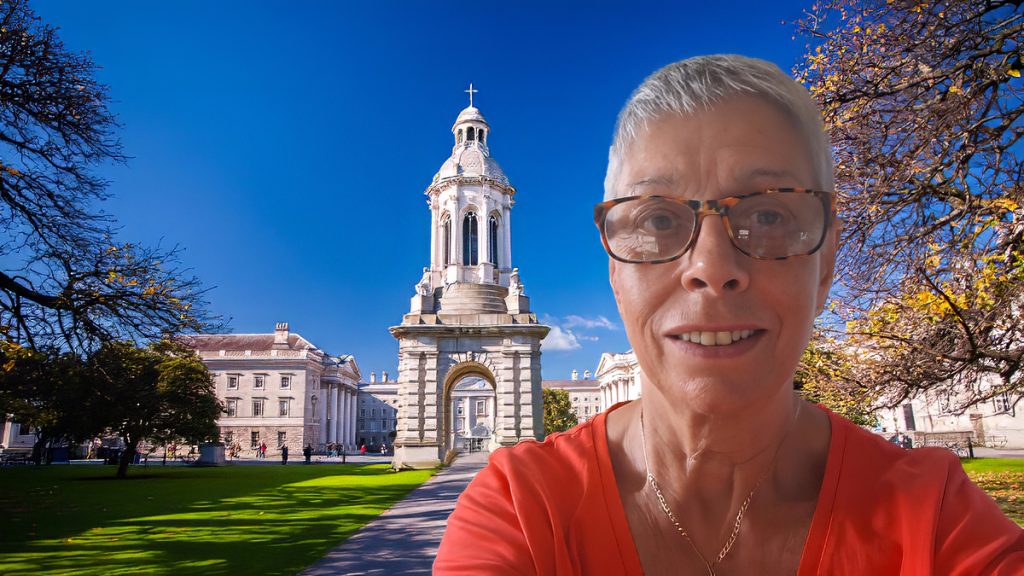Open communication is a two-way street. It requires not only words, but also silence—the kind that creates space for others to speak.
As one observer noted, it’s no accident that the word silent is an anagram of listen. Yet within the Church today, silence often feels less like reverence and more like avoidance.
From comfort to isolation
Reflecting on the 1967 Tremeloes song Silence is Golden, the line “Silence is golden, but my eyes still see” captures a growing unease.
For many among the people of God, the phrase silence is golden has lost its lustre. In the face of injustice, it no longer comforts—it isolates. In today’s Church, they suggest, perhaps it is listening that should be called golden.
When the Synod on Synodality was launched, it was heralded as a new era of listening. The idea was simple yet profound: the people of God would gather and, together as the Church, chart a path forward.
But lived experience tells a different story.
In my parish, parishioners recall attending a Synod meeting with hope. The gathering was open and reflective. People spoke candidly.
But after that session:
- No further communication came.
- The report was presumably submitted to the diocese but was never shared locally.
- Those who had participated so honestly never learned how their words were handled.
The final diocesan summary appeared, with no clear link back to their parish’s input.
Voices offered, but not received
In this case, the process faltered from the beginning. The faithful offered their voices, but the institutional Church—bishops, diocesan structures, clergy, and official decision-making bodies—did not answer.
Many in this parish are part of a long tradition of lay Catholics who have listened, prayed, paid, and obeyed—faithfully and patiently.
But they say they have not been heard.
Familiar echoes and institutional resistance
Synodality was meant to be an opportunity for change. Yet for many, it has become just another structure where the Church hierarchy controls the flow of information and engagement.
Since that first meeting, silence has prevailed—not the silence of contemplation, but the silence of disengagement. The faithful wait. They continue to listen to God and to one another, hoping for genuine dialogue.
When responses do emerge, they sound familiar: soft‑spoken variations of the same refrain—“We’d love to say yes, but tradition won’t allow it.” Behind the courteous tone lies an institutional unwillingness to shift.
Rediscovering Christ’s example
Such exclusion stands in stark contrast to the example of Christ, who not only rejected prejudice but sought out those marginalised by religious authority.
- The woman at the well (John 4:1-42)
- The woman with the haemorrhage (Mark 5:25-34)
- Jesus heals on the Sabbath (Luke 13:10-17)
- The Parable of the Good Samaritan (Luke 10:25-37).
“The Gospel of the marginalized is where our credibility is at stake, is discovered and is revealed.”
— Pope Francis, Mass with new cardinals, February 15, 2015
A call to action
If synodality is to be more than performance, it must become a pathway to conversion.
- Listening must lead to action.
- To change.
- To communion.
Because without that, silence is not golden. It is wounding.

- Jackie Minnock has a BTh from the Priory Institute Dublin and an M.Phil in Inter-cultural Theology and Inter-religious Studies at Trinity College Dublin. Jackie is passionate about reform within the Catholic church.

